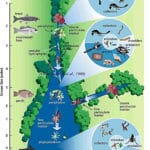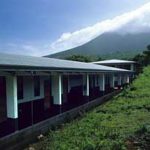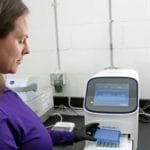Moving Freshwater Science Forward
Our efforts at Stroud Water Research Center require intellectual curiosity, a systematic and rigorous approach to scientific research, and the drive to answer a series of challenging questions about freshwater ecosystems. The answers to these questions may take decades to fully understand, but it is critical that we persist, as they have the power to influence others in ways that positively affect the world’s finite supply of clean fresh water.
Recent Publications
Mo, Y., R. Bier, X. Li, M. Daniels, A. Smith, L. Yu, and J. Kan. 2024. Communications Biology 7, 1349.
Water column nitrogen removal during storms in a low-order watershed
Bacmeister, E., E. Peck, S. Bernasconi, S. Inamdar, J. Kan, and M. Peipoch. 2024. Journal of Geophysical Research: Biogeosciences 129(10): e2024JG008360.
Rahman, M.M., M. Peipoch, J. Kan, M. Sena, B. Joshi, D. Dwivedi, A.J. Gold, P.M. Groffman, J.G. Galella, and S. Inamdar. 2024. American Chemical Society Environmental Science and Technology Water, early online access.
Freshwater Research News
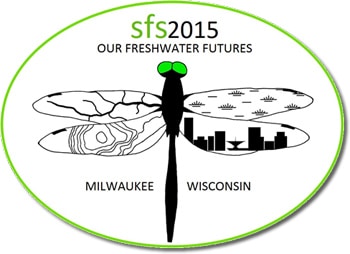
Sharing Our Science: Summer 2015
In May, Stroud Water Research Center scientists attended the weeklong annual meeting of the Society for Freshwater Science in Milwaukee, Wisconsin.
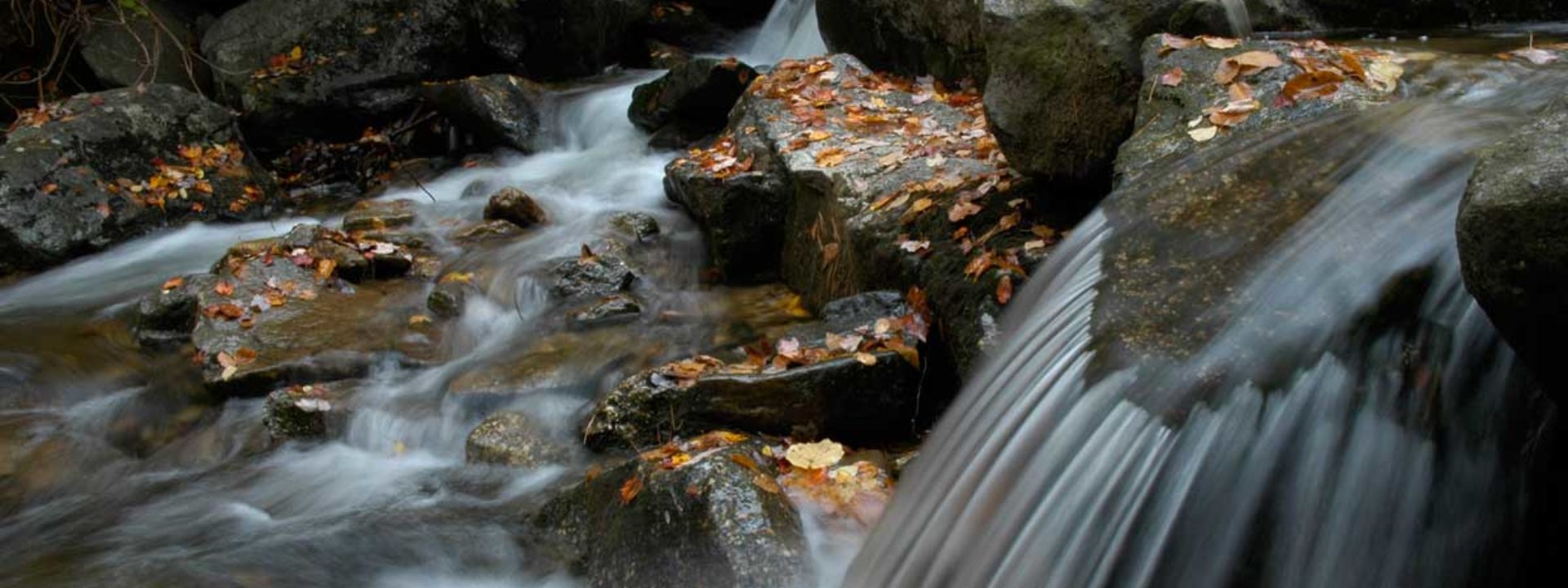
Grant Supports Total Watershed Restoration to Reduce Flooding, Improve Habitat
The Stroud Center will restore Sharitz Run, a tributary to Doe Run in the headwaters of the Brandywine Creek near Coatesville and Unionville, Pennsylvania.
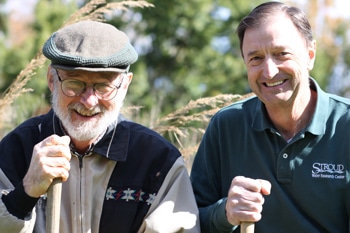
Study: 100-Foot Wide Forest Keeps Streams Healthy
New literature review shows streamside forest buffers should be at least 100 feet wide on each side to protect freshwater ecosystems from human activities.
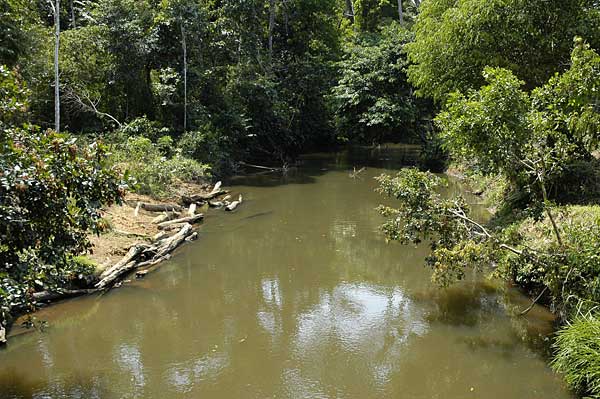
Los biólogos realizan experimentos para evaluar la salud de los arroyos del Perú
El Centro Amazónico de Educación Ambiental e Investigación y el Centro de Investigación del Agua Stroud presentarán seminarios para el público.
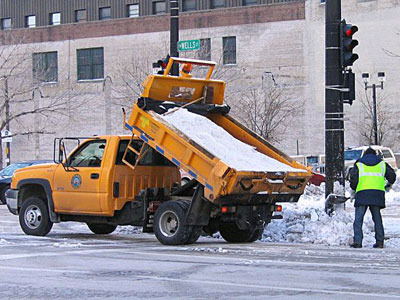
Salty Roads, Salty Rivers
Salt helps keep winter roads safe. But when snow melts, the salt runs off pavement and can end up in waterways.
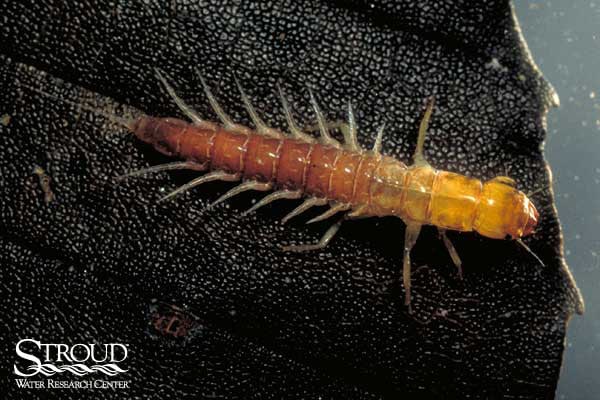
$2 Million Kick-Starts Stroud Center’s Work in Delaware River
46 environmental organizations will collaborate to monitor, protect, and restore critical freshwater sources for 15 million people from upstate New York to the mouth of the Delaware Bay.

